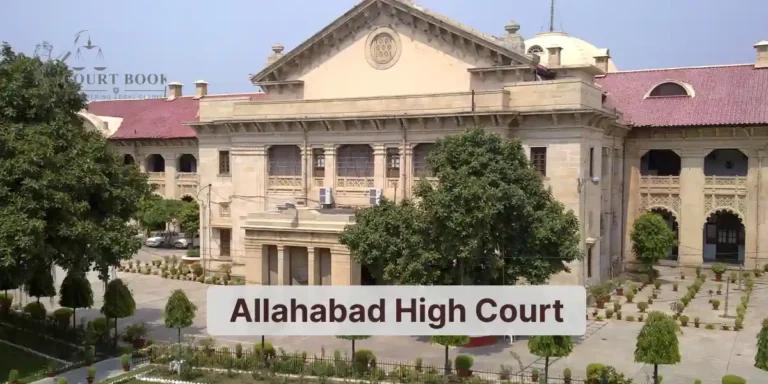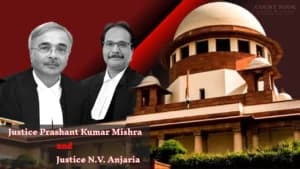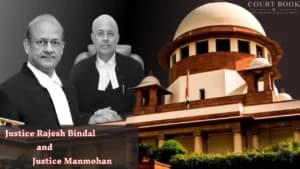In a major judgment, the Allahabad High Court has said that the Indian Constitution gives every citizen the right to freely follow and spread their religion, but it does not support forced or fraudulent conversions.
"Article 25(1) guarantees freedom of conscience and the right to freely profess, practise, and propagate religion. However, this right is subject to public order, morality, and health... These limits are necessary to prevent harm to individuals and society." — Justice Vinod Diwakar
The bench made this important statement while rejecting a plea to cancel an FIR against four people accused under the Uttar Pradesh Prohibition of Unlawful Religious Conversion Act, 2021. According to the complaint, the accused tried to convert people to Christianity by offering money and free medical care.
The Court refused to cancel the case, stating that the charges were serious and valid enough for police investigation. The judge highlighted that the Constitution supports religious freedom but not by coercion, deception, or undue influence.
"The law does not protect any conversion carried out through lies, force, or pressure under the cover of religion," the Court said.
Read Also:- J&K High Court Confirms Detention of Man Accused of Bovine Slaughter Amid Communal Tension
Commenting on the 2021 law brought by the Uttar Pradesh Government, the Court stated that the law aims to maintain public order, moral values, and health in line with Article 25. The law is designed to stop religious conversions done by force, fraud, or fake marriages, which may harm social peace and public safety.
The Court further emphasized that the idea of one religion being better than another goes against the Indian value of secularism.
"Thinking that one religion is superior assumes spiritual dominance over others. This mindset goes completely against the Indian principle of equal respect for all religions. The State must treat all faiths equally and not favour any," the judge remarked.
Read Also:- Pendency Of Arbitration Does Not Stop Stamp Authorities From Acting Under Stamp Act: Allahabad High Court
The Court also looked into a legal issue — whether a police officer (SHO) can be considered an “aggrieved person” under Section 4 of the 2021 Act. This section generally allows only the victim or close relatives to file a complaint.
The judge clarified that the SHO can file such FIRs because the law must be read with the BNSS (Bharatiya Nagarik Suraksha Sanhita) provisions that allow the police to act in cognizable offences.
"If we limit the meaning of 'aggrieved person', the whole purpose of the 2021 Act would fail," the Court stated.
Read Also:- “Judges Should Act, Not Promise”: CJI BR Gavai’s Message at BCI Felicitation
Importantly, the Court referred to the Amended Act of 2024, which clearly says that “any person” can report such offences.
“The amendment confirms that the law aims to expand who can report unlawful conversions. Anyone aware of such an offence, including police, can file an FIR to enforce the law and protect citizens,” the judgment said.















